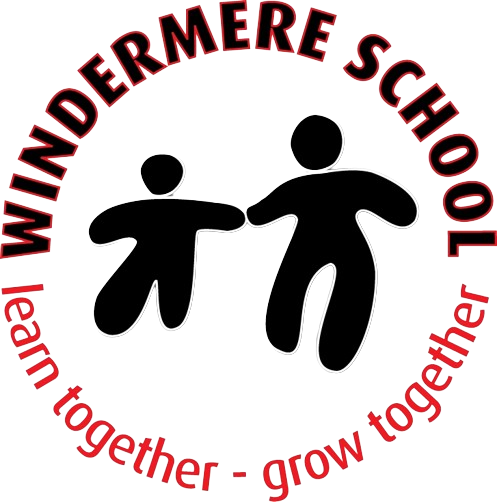History
“A high-quality history education will help pupils gain a coherent knowledge and understanding of Britain’s past and that of the wider world. It should inspire pupils’ curiosity to know more about the past.”
The Primary National Curriculum 2014
Intent
At Windermere, our intent in teaching history is for children to gain a coherent knowledge and understanding of Britain's past and that of the wider world. We aim to inspire pupils' curiosity about the past. Children are taught how to think critically, evaluate arguments, assess facts and ask questions and exercise judgement. It is important that children gain a knowledge and understanding of Britain's past and that of the wider world, in order to help them understand the complexity of people's lives, the processes of change, the diversity of societies and relationships between different groups, as well as their own identity and the challenges of their time.
Implementation
History teaching focusses on enabling children to think like historians. The curriculum at Windermere is taught discretely in Key Stage 1 and Key Stage 2, with opportunities to make meaningful cross-curricular links. It is designed to develop key skills progressively and is delivered in chronological order, so that the children understand where each topic fits into world history. By the end of Year 6, children will have a chronological understanding of British history from the Stone Age, with links to the local area of St Albans. Children are able to draw comparisons and make connections between different time periods and their own lives. Interlinked with this are studies of world history, such as the ancient civilisations of Greece and the Mayans. In addition, children learn about and compare significant historical figures such as Christopher Columbus and Neil Armstrong, but also developments which have a significant impact on British or world history.
At Windermere, resources are carefully considered at each stage of our curriculum. Each class has a timeline where they can make reference to all previous history learning, enabling them to put periods of history into chronological context; in addition to this, children in KS2 also have a timeline in their exercise books to refer to. Teachers carefully select key knowledge and vocabulary, producing tailor-made knowledge organisers for the relevant year groups. Children have access to a wide variety of subject-specific fiction and non-fiction books, in all lessons as well as history. For each topic, artefacts are available for children to explore and investigate to enhance the pupil's historical knowledge, understanding and skills. Chances for learning outside the classroom, such as trips and/or workshops, allow opportunities for all pupils to reflect on the past.
